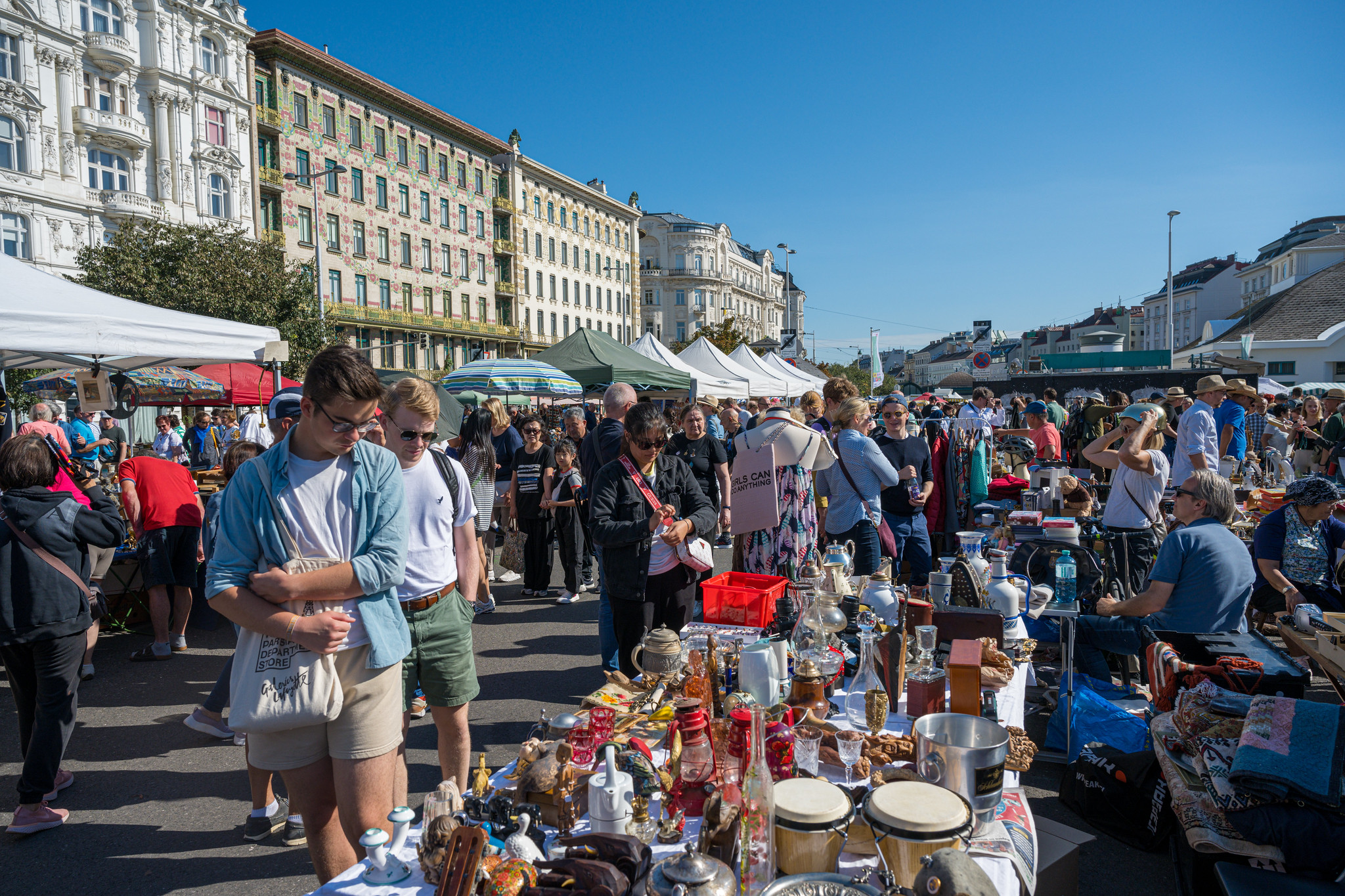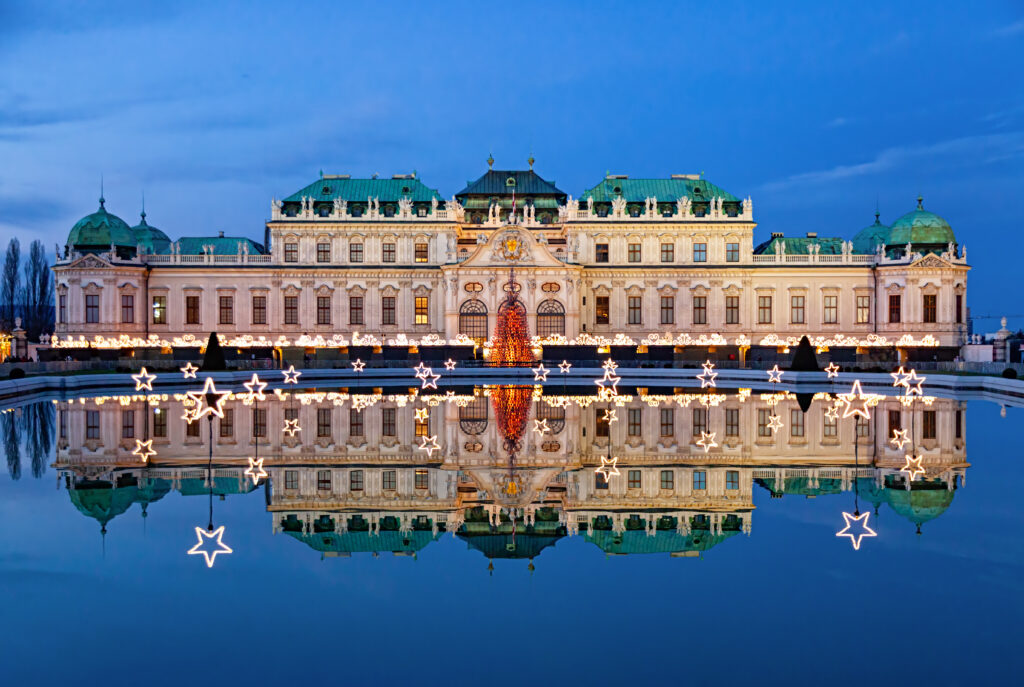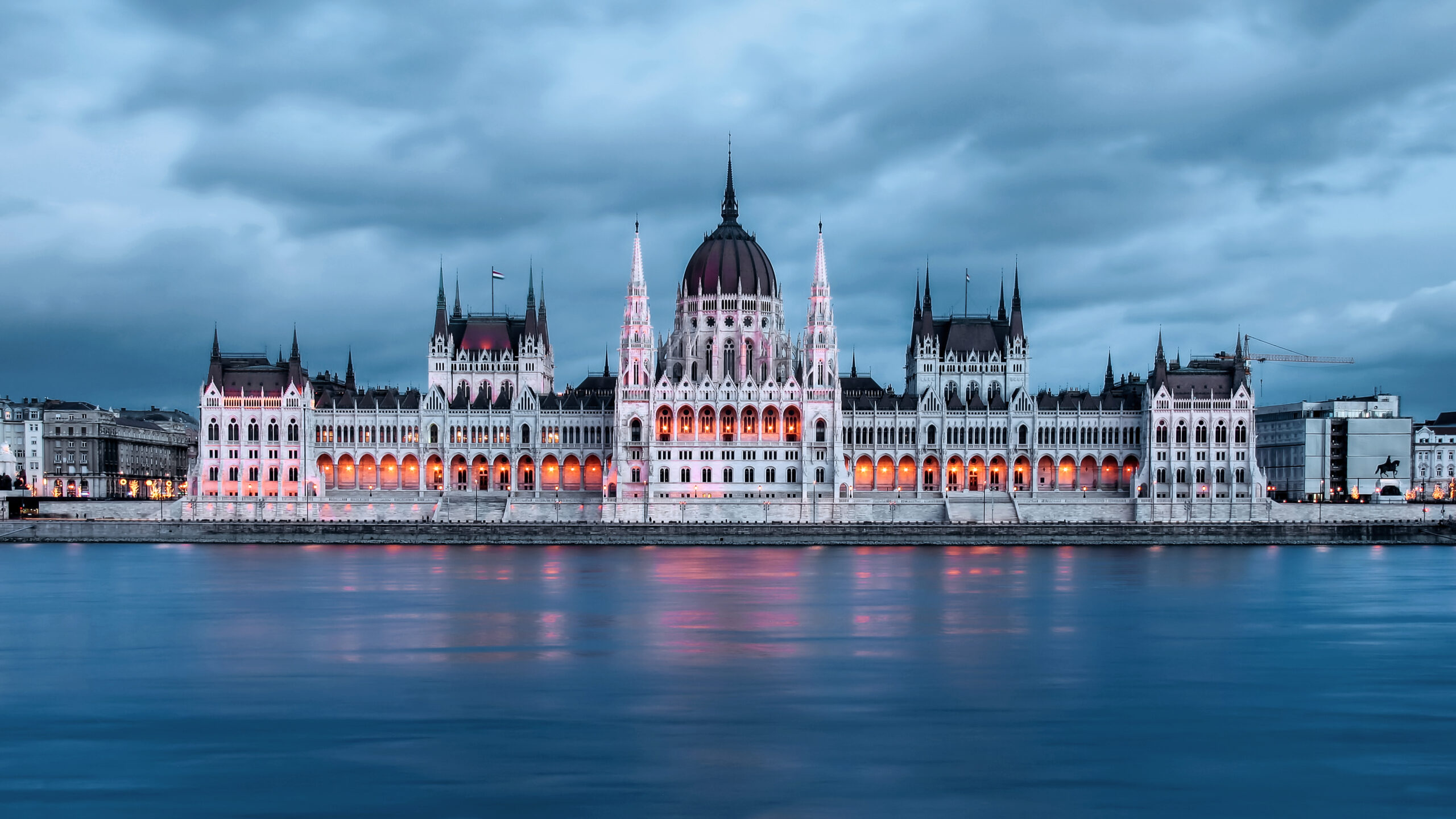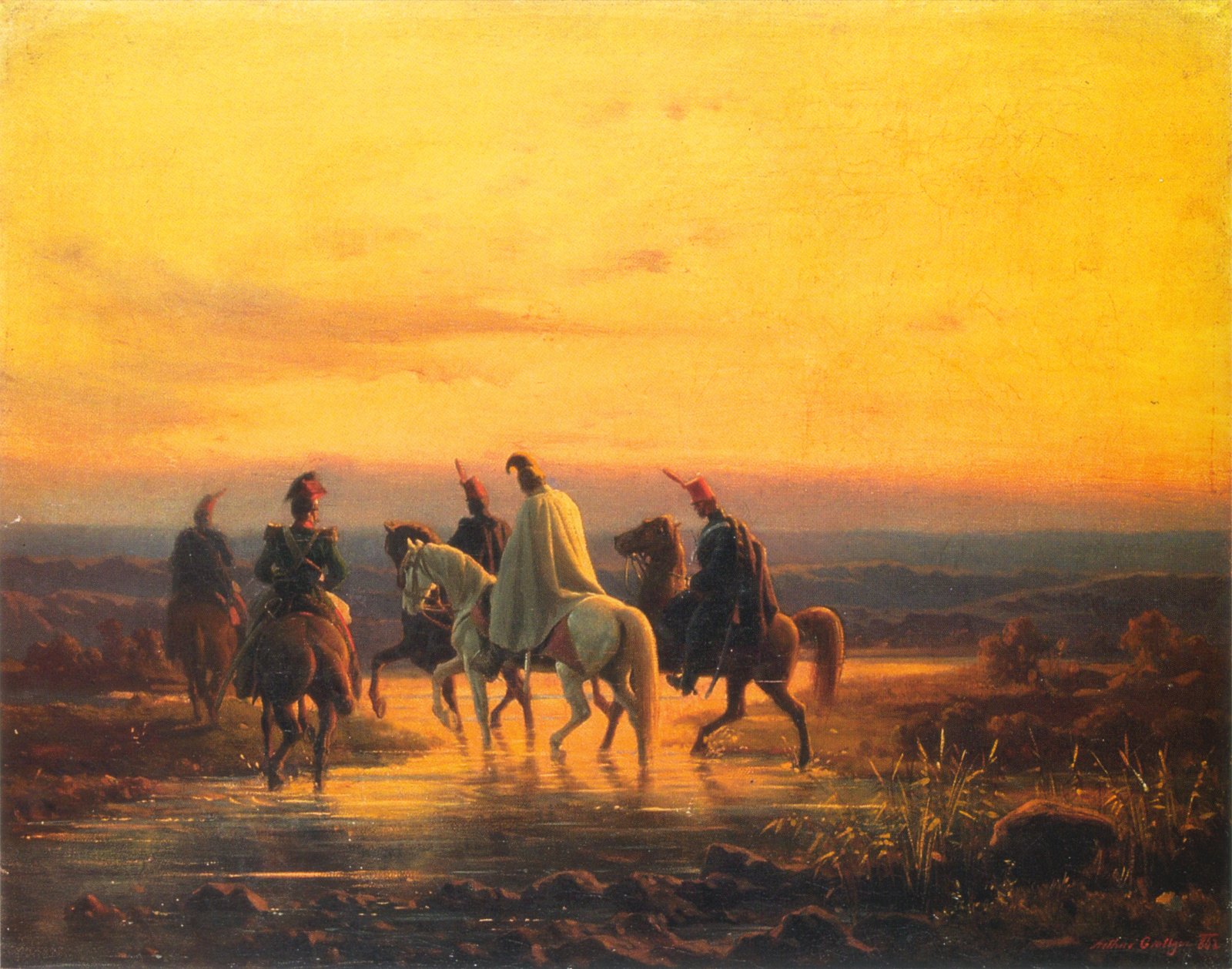

Pieter M. Judson holds the Chair in Nineteenth and Twentieth Century History at the European University Institute in Florence (Italy). He is the author of “The Habsburg Empire: A New History”, published in 2016 and so far translated in 12 languages. We asked him what perception Europeans have of this “extinguished country” and what lessons we can learn from its history today.
It is a very different reception today than it was 25 years ago, and there are a few reasons why.
First, I think that for the last almost 10 years, there has been quite an interesting thinking about the Habsburg Empire in terms of the European Union, and what were the strong points of the empire that could tell us something. Myself, I am not someone who sees such a great comparison, but I do think that the idea of a state in which people could speak many different languages is very important today, in a period of quite strong renewed radical nationalism, not too much from people but from governments.
Secondly, the Habsburg Empire is also an object of nostalgia. After 1989, these regions often turned – in their quest for a “useful past” – to the interwar period, i.e. the 1920s and 1930s. But if you look at it, that is not a very promising, happy period. It was a moment of independence for a lot of these states, but they were almost all very nationalistic dictatorships. So, in a sense, if you reach a bit further back, you get to a time when these regions had some political autonomy and cultural development, and I think a lot of people look upon it as some kind of golden age. I’m not a nostalgist, I think every regime has its issues, positive and negative, but I do think that the empire was a much more human regime than the states that followed it.
After 1989, the Habsburg Empire became also an object of tourism, and no more so than in Vienna itself. Before, the all idea of the empire was not terribly interesting or popular in Vienna, and now everything it’s Empress Elizabeth, the artists of the period, “Vienna 1900” became a thing… Even the book that I wrote, I would never expected that it would be translated into 12 languages, and that it would be bought so much. But clearly there is an interest, which did not exist before. This is a time when I think we’re looking for alternatives to this very harsh nationalism that is being promoted by a lot of regimes in Europe.
The all idea of the Habsburg rule over these regions as somehow colonial has no basis in historical fact. The argument is still open about the situation in Bosnia, but even there – I have students working on this right now – it isn’t a clear question. I would say culturally there is a lot of colonial language used about Bosnia, but otherwise in terms of the practical daily administration, I’m not sure. As for the rest of the empire, the Hungarians always accuse the Habsburg of imposing a colonial economic regime that kept Hungary agricultural, but this was an argument made in the Cold War. A lot of Polish nationalists talk about the treatment of Galicia, but in fact Galicia ruled itself after 1867 and there are very good recent studies on the economic history of Galicia that show that it’s the Galicians themselves who destroyed the economy there and not the Habsburg. So, if we think of colonialism as a system, as a theory, it doesn’t work at all.
The Habsburg Empire was a composite state, as are most states in Europe. It’s a state that put together many pieces, which all had different forms of rule and what the Habsburg tried to do in the 18th century is to consolidate this rule. And of course, the regional elites always tried to push back against this imperial consolidation, but for the people on the ground, the Habsburg rule was often better than the local regional rule. So, to speak of it as a colonial rule is utterly outdated and ahistorical, but it is a very important nationalist belief that underlies the legitimacy of the successor states. Even today, it is very difficult for some of these states to think of the Habsburg period not so much as a period of prison of the people.
One other thing that I think they forget or they don’t want to think about is the fact that the Empire in a way helped create the nations. So much of the politics was about giving different nations different rights and language use especially, and without that you wouldn’t have nationalism or the idea of the nation.
One last thing: this was the largest common market in Europe, the largest free trade region in Europe until the end of the First World War, and that created prosperity for the different regions, which then vanished.
I think we have that perception because of the Cold War. During that period, we understood Eastern Europe as fundamentally backwards, because it once belonged to this empire that was supposedly not interested in industry and even tried to prevent it. On the contrary, we viewed the West as advanced. But the more recent understanding of economy and industrialization looks at “islands” everywhere in Europe. So, for example, if you look at Italy, there are islands of remarkable industrial developments, especially in the North, where there are also regions of peasant agriculture. The same thing is true for the Habsburg Empire: you have islands of industry that are quite advanced, and there are also regions of poverty.
So, this argument is classic, but it’s not a belief that serious historians would argue. And the other things is, it’s really Britain that people are talking about when they make this argument, and we could say Britain was a bit exceptional in Europe. But if we look at Western Europe, at Spain, France, Portugal, the situation was no different than in the Habsburg Empire. The literacy rate that the Austrians had in 1910 was the same as the French rate. The industrialization of France was very much made of islands in a sea of agriculture. Maybe you could say that Germany was the leader on the continent, but on the other hand it’s true that some of the earliest railroads were built in the Habsburg Empire. As one of my friends who works in Poland always says, it takes longer to go by train today from Vienna to Lviv than it did in 1910.
You can’t predict the downfall of states easily. It’s the First World War that takes down the empire, and for obvious reasons: one being suffering on the home front which is unbelievable (it is rather remarkable that it lasted as long as it did), and secondly, the military dictatorship, which is a catastrophe, because it goes against all the principles that have being guiding the state up until 1914. That’s why the state loses its legitimacy and collapses.
The Habsburg Empire doesn’t lose its legitimacy because of nationalist rebellion, like it is for Great Britain in Ireland, for example. If you think of the number of people killed there during the Easter Rising… there is nothing like that in the Habsburg Empire.
Then, you can easily say that any of these states were weak, but it’s just a justification post factum. Italy could also have fallen apart in the war, and France came close. I spent my life trying to end this myth and I will fail as anybody else who tries to!
I think we can learn that it’s possible to have a State in which there are eleven official languages, and that through laws, constitutional laws and different kinds of administrative practice, it is not impossible for people to live together.
In a different book I wrote, I try to investigate the question of how people who spoke different languages lived in multilingual rural communities. And what I found is that they lived fine. It was usually religion that held them together, while language use wasn’t such a big thing until nationalists came and made it a political issue. But we can go pretty far back and see that the Habsburg, even before there was a constitution, were using these local languages because they didn’t have the money to enforce only one language, that would have been an impossible undertaking.
The question is how do we today understand difference. We today think that language use is somehow this enormous form of difference, whereas if you look at local cultures, you might find that people who use different languages nevertheless share many other qualities together. So, we are choosing to see language as an issue, because the nationalists themselves made the language difference into something so big. We are a product of that, unfortunately. We see barriers where perhaps there weren’t any, 150 years ago.
I think there are forms of administrations, expectations of the law, understanding of fairness and legalism… In these regions there were centuries of accepted bureaucratic practice. People knew what they could expect. That is why a lot of the law codes and administrative practices that came after the First World War were often based on the Habsburg system. There isn’t a big break in 1918 the way we think there is. The institutional structures seem to have been more important than we realize in terms of legacy and how people remember the past. And it is so ironic because the successor states rejected the empire completely, they don’t talk about their own participation in the empire. Yet, its institutional structure is often still there.



Start your journey in the Extinguished Countries!
Get a free chapter from our first guidebook “Republic of Venice” and join our community!